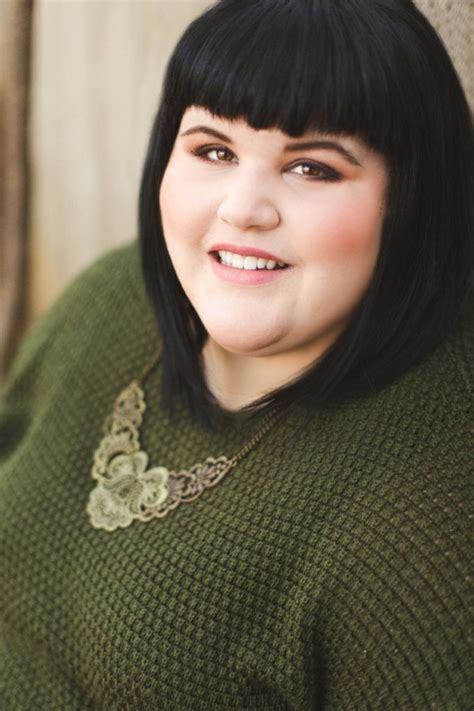A Quote by Robert Breault
I look into the faces of people struggling with their own lives, and I do not see strangers.
Related Quotes
The times are chaotic. For me, I would hope that people look at [Angel] and gain strength by it. With everything that I do, I hope that they see people struggling to live decent, moral lives in a completely chaotic world. They see how hard it is, how often they fail, and how they get up and keep trying. That, to me, is the most important message I'm ever going to tell.
It's funny, but certain faces seem to go in and out of style. You look at old photographs and everybody has a certain look to them, almost as if they're related. Look at pictures from ten years later and you can see that there's a new kind of face starting to predominate, and that the old faces are fading away and vanishing, never to be seen again.
I think everyone is struggling somewhat with presentation. The Internet is generally well designed, if you look at the most popular websites, so we expect our visuals to be at that level of quality. When you sit in a presentation and you're looking at nonsensical pie charts and the like, your audience does disengage. People across a range of industries, not just science, are struggling with their communication because their output doesn't compete with what people see on a day-to-day basis.
Here, we have a country that is making its veterans, people who are struggling with post-traumatic stress, people who are struggling with depression, who often they're only hope is their access to marijuana to treat these illnesses, and here we are criminalizing them for doing what's necessary to stabilize their lives as a result of their service. This is not who we are as a country. We are better than this.
When you look into the faces of these quiet creatures who don't know how to tell stories--who are mute, who can't make themselves heard, who fade into the woodwork, who only think of the perfect answer after the fact, after they're back at home, who can never think of a story that anyone else will find interesting--is there not more depth and more meaning in them? You can see every letter of every untold story swimming on their faces, and all the signs of silence, dejection, and even defeat. You can even imagine your own face in those faces, can't you?





































